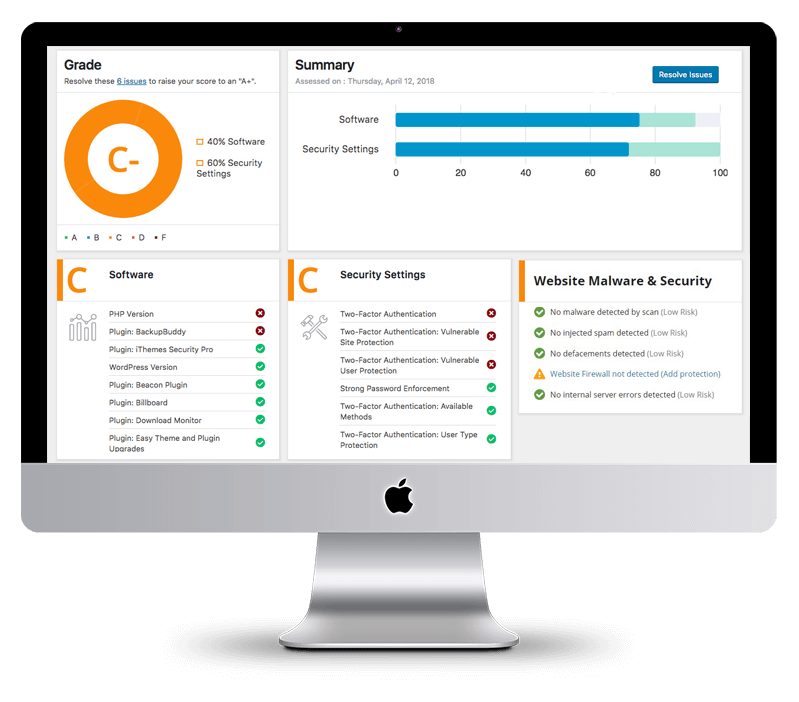Suddenly, even the giants are nervous. This month, a major household brand admitted to us that their digital team feels cornered. People aren’t just searching Google like before—they’re turning to tools like ChatGPT and Google Gemini, and that’s changing everything about how we find products and get recommendations.
Key Takeaways
- Over half of US searches (58.5%) now end without a website click
- AI platforms process more than 2 billion queries per day
- ChatGPT sees a higher percentage of commercial search interest than Google
- Marketers must shift from chasing website traffic to focusing on brand recommendations in AI answers
- New AI search demands a stronger SEO foundation, content optimized for AI, broader authority, constant monitoring, and clear brand messaging
The Big Shake-Up: Why Brands Are Panicking
Back in May 2025, Google’s search dominance slipped below 90% for the first time in a decade. Might not sound huge, but it marks a big user behavior shift. People aren’t just Googling stuff anymore—they’re using AI for answers. In fact, ChatGPT alone grabs over a billion queries each day.
And here’s the kicker: A recent DataSpark report states that 58.5% of US searches lead to zero clicks to websites. That’s before Google started featuring even more AI-driven answers. Folks type long, detailed queries directly into these tools and get ultra-specific answers—sometimes with brand and product recommendations—right in the search results.
| Platform | % of Commercial Searches | Daily Queries (Billions) |
|---|---|---|
| Lower | > 1 | |
| ChatGPT | Higher | 1.1 |
Stop Chasing Clicks, Start Joining Conversations
Businesses built on old-school organic traffic look at these numbers and start sweating. But there’s a new playbook. The change might feel scary, but it’s also a massive opportunity—if you adapt fast.
Here’s what’s different:
- It’s About Being Included, Not Just Getting Clicks
- You’re Optimizing for AI (Not Always Humans)
What we’re seeing with our clients: branded and direct traffic is ticking up—people research via AI, THEN type your brand into Google to visit and convert. But if you’re missing from those AI answers, it’s like being invisible.
The Five-Pillar AI Search Playbook
To win, you don’t ditch everything you know—you upgrade it. Here’s what works right now:
- SEO Foundation Is Still Critical
- Example page flow:
- Build Authority Everywhere Online
- Monitor and Adapt All the Time
- Sample Calls-To-Action:
Real-World Examples: What’s Working
Take dog training courses. If a leading magazine reviews the top vendors, and you’re in that list, that’s often exactly what AI tools surface when people ask for recommendations. Show up as a cited source—especially across multiple sites—and you seriously increase your chances of being the recommendation ChatGPT or Google spits out.
Quick List: How to Better Appear in AI Answers
- Optimize your content structure: headings, summaries, bullets
- Pitch digital PR to niche magazines and high-authority sites
- Track which sources AI tools are citing each month
- Get your brand message straight—and stick to it everywhere
- Don’t panic about traffic drops, focus on being the last stop for purchasing
The Opportunity Ahead
Adapting isn’t just for big tech companies. If you’re fast, you can get ahead while most big competitors are still in denial. Think of when web search first went mainstream, and a few nimble brands took over entire categories just by being there first. That’s happening again—this time inside AI bots.
The truth is: pretty much everyone is new to AI search optimization. If you start building these habits now, there’s a good shot you’ll outrun the slow movers in your industry. It’s not about being perfect, just being first (or at least, not last).
So, no, you probably won’t get back the old organic search traffic numbers, but if you’re the brand AI recommends—and people come straight to your door—you’re still winning.
Adapt quickly, stay visible, and don’t wait for someone else to figure it out for you. We’re all learning as we go.

Rodney Laws is an ecommerce expert with over a decade of experience helping entrepreneurs build and grow online businesses. He specializes in reviewing ecommerce platforms, optimizing user experience, and guiding brands toward higher conversions. His insights have been published on leading industry sites including UsabilityGeek, G2, Spendesk, and PPC Hero.
As the editor at EcommercePlatforms.io, Rodney combines hands-on knowledge with clear, actionable advice to help business owners choose the right tools and strategies. When he’s not testing the latest software or analyzing trends, he’s sharing practical tips that make complex ecommerce decisions simple.








